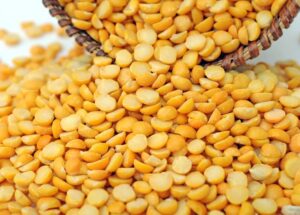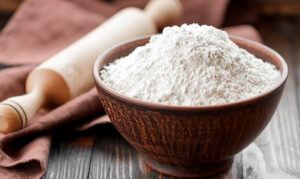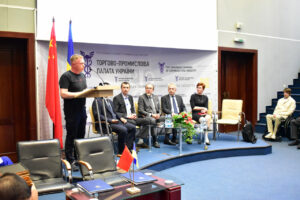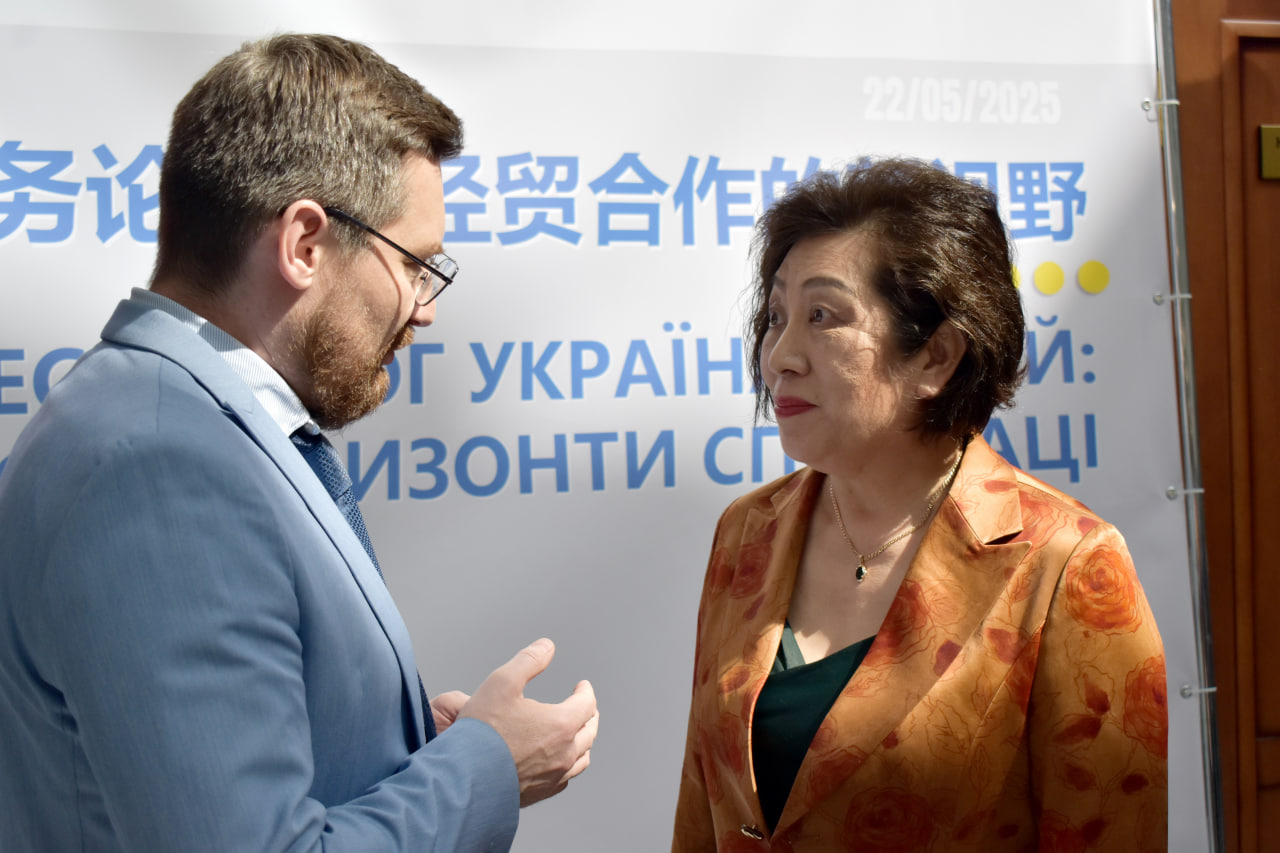
The domestic market for peas is seeing a decline in prices—before the start of the new season, quotations are falling by several percent, but more and more traders are showing interest in this crop for the first time, which could lead to an increase in demand and prices, according to the analytical cooperative Pusk, created within the framework of the All-Ukrainian Agrarian Council (VAR).
“We are currently seeing a slight decline in the price of peas before the start of the season. Theoretically, prices could fall further to 13,500–14,000 UAH/ton. But at the same time, many traders who previously did not work with peas at all are starting to actively engage in purchases. Niche crops usually offer good margins, especially for export. This motivates the market,” analysts say.
They emphasize that in 2025, the area under peas increased: last year, farmers sowed 212,000 hectares, while this year — over 250,000 hectares. However, even these volumes remain relatively small compared to other crops.
At the same time, the opening of the Chinese market is an important factor: demand from China could quickly absorb all the additional production.
“We have seen some growth in acreage, but not millions of hectares. China has opened its market, and a significant portion of the peas will likely go there. That means that an additional 40,000 hectares of pea acreage is not such a large resource. In this situation, a deficit is quite possible — demand will exceed supply,” analysts predict.
After a short-term decline, pea prices may stabilize and rise in mid-July-August. A similar situation already occurred last year, when prices began to rise instead of falling as expected.
“The pea market may again see levels of 15,000–16,000 UAH/ton. Everything will depend on logistics, weather conditions, and the pace of Chinese imports,” concluded Pusk.

The State Service for Food Safety is making efforts to open the Chinese market to Ukrainian flour in 2025, according to Vadym Chaykovsky, Deputy Head of the State Service for Food Safety and Chief Phytosanitary Inspector of Ukraine.
“We plan to sign protocols with our Chinese colleagues this year to open the market for Ukrainian wheat flour,” he said at the Agro Ukraine Summit in Kyiv on Friday.
He recalled that the State Service initiated procedures to promote the supply of wheat, millet, and sorghum from Ukraine to the Chinese market and is systematically working to open this market for Ukrainian peas.
Chaikovsky added that the phytosanitary authorities of both countries are currently preparing to launch a service such as video inspection of crops from the fields of enterprises that intend to supply products to China in the 2025/2026 season.
The chief phytosanitary inspector called on export-oriented enterprises to promptly contact the regional offices of the State Service of Ukraine for Food Safety and Consumer Protection to conduct phytosanitary inspections of their fields.

The Ukrainian Chamber of Commerce and Industry, together with the Belt and Road Trade and Investment Promotion Center in Ukraine, organized a bilateral business event.
The event, held on May 22, 2025, brought together hundreds of representatives of Ukrainian and Chinese companies interested in establishing direct cooperation at the Ukrainian Chamber of Commerce and Industry.

“China remains Ukraine’s main trading partner. Despite the distance, complex logistics, and tensions, cooperation between companies continues. This is because many sectors of the Ukrainian economy need affordable Chinese imports. And the Chinese market needs Ukrainian products. I hope that the business dialogue will be a prelude to deeper mutual understanding at all levels,” said Gennady Chizhikov, President of the Ukrainian Chamber of Commerce and Industry, during the opening of the forum.

The Chinese delegation included representatives of 11 Chinese companies. Among them were manufacturers of building materials and thermal insulation solutions; packaging and food equipment; consumer electronics and household goods; pharmaceutical products, electric vehicles, rehabilitation equipment, and prosthetics; companies providing logistics, tourism, consulting services, green energy, and agricultural technology.

Business representatives took part in B2B negotiations with potential partners. Chinese entrepreneurs expressed interest in investment activities in most sectors of Ukraine’s economy.
Interfax-Ukraine is the information partner of the forum.

On June 1, 2025, the Agreement on the mutual abolition of visas between Uzbekistan and China will come into force.
Under the Agreement, citizens of the Parties shall be exempt from visa requirements for entry, exit, or transit through the territories of both countries for a period of up to 30 days for each separate stay and a total of up to 90 days within any 180-day period.
At the same time, the period of each entry and stay in the territory of the Parties shall not exceed 30 days.
The visa-free regime does not apply to employment, study, media activities, or other activities that require prior approval by the competent authorities of the other Party.